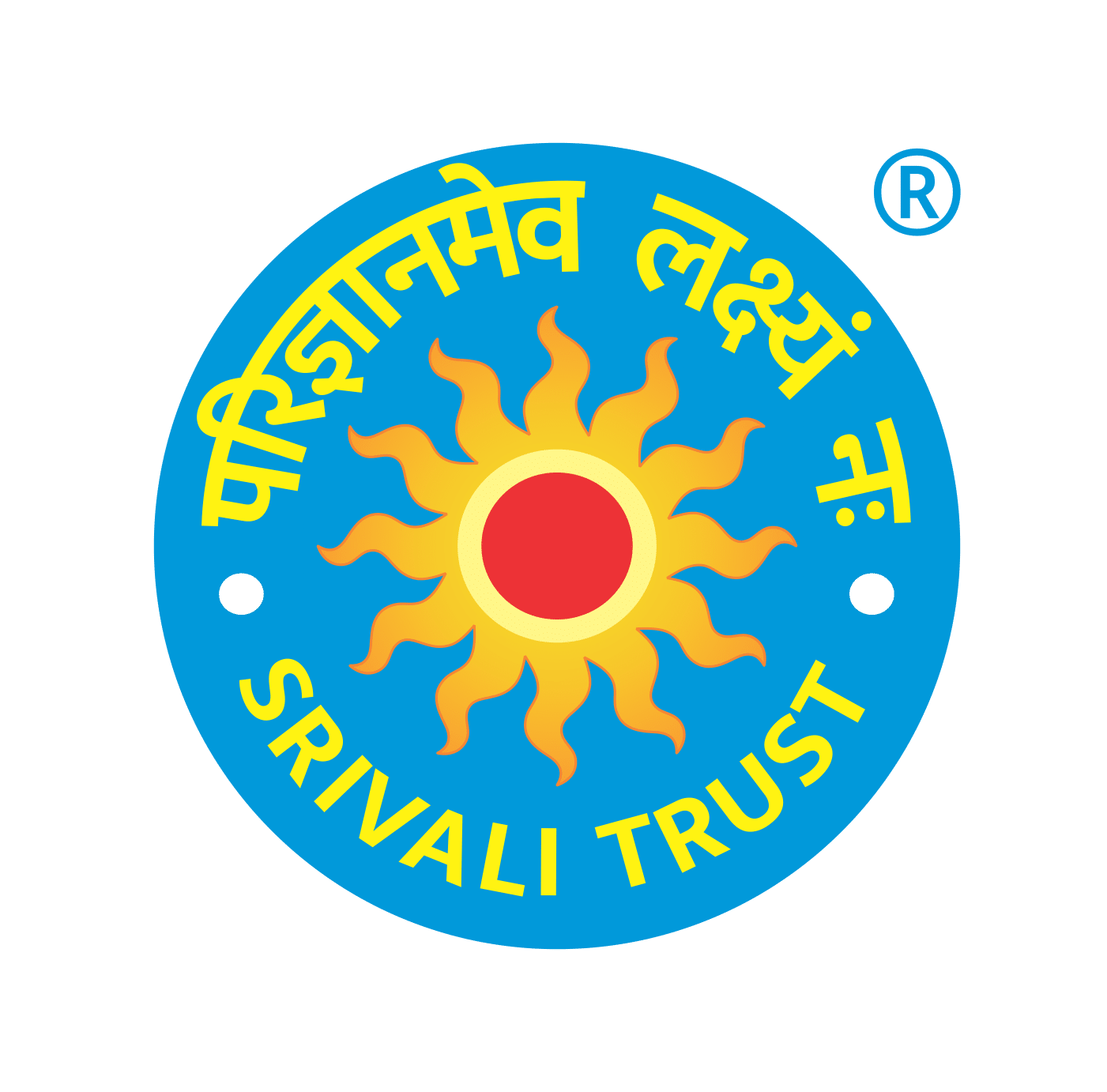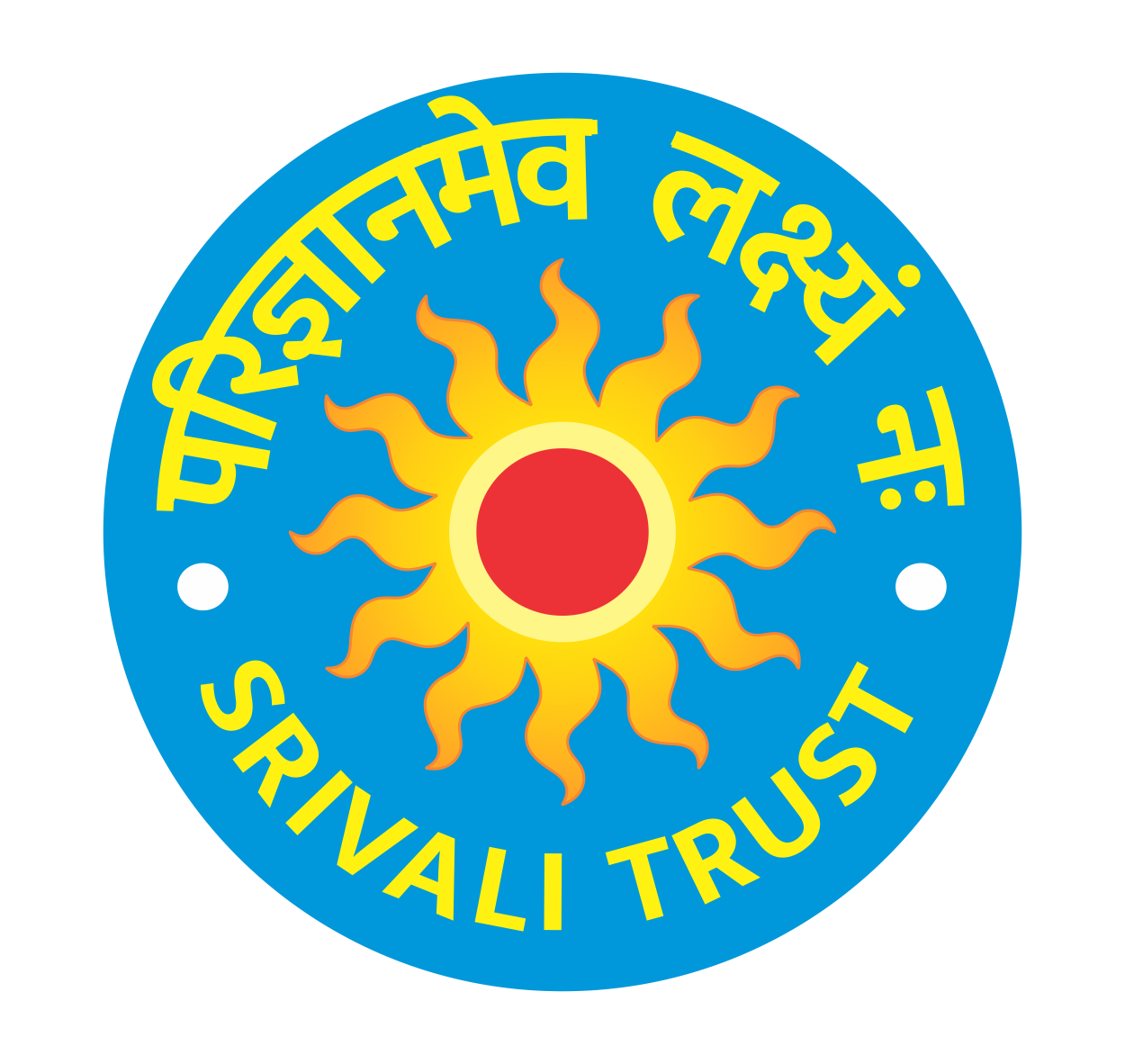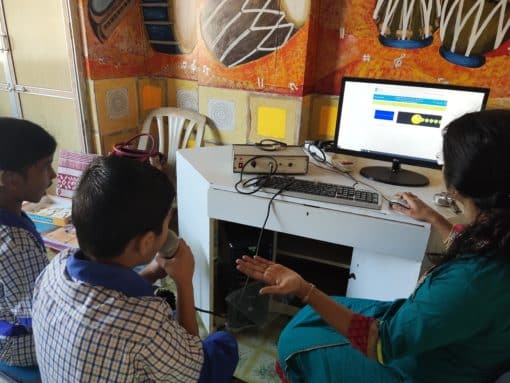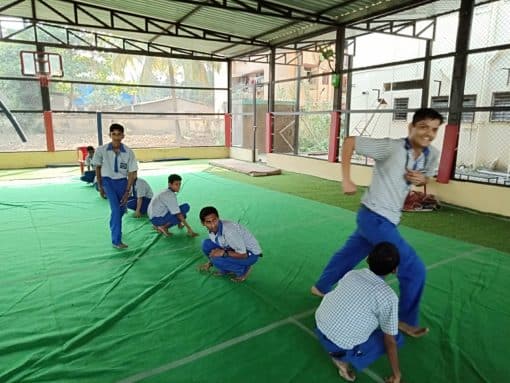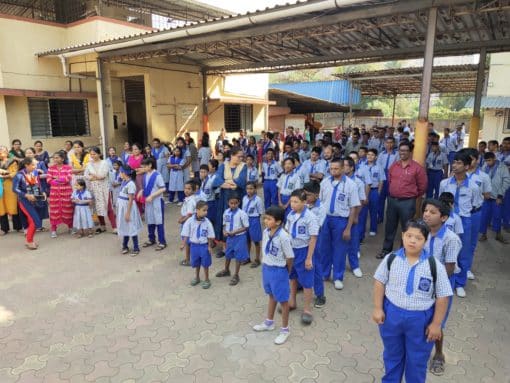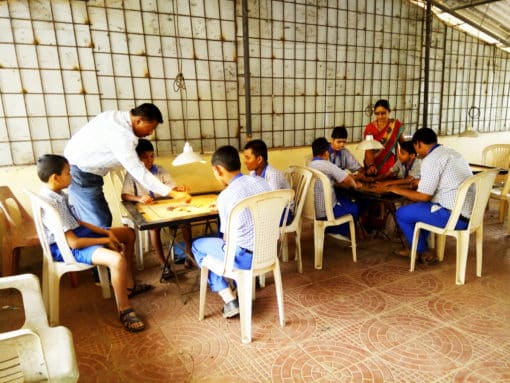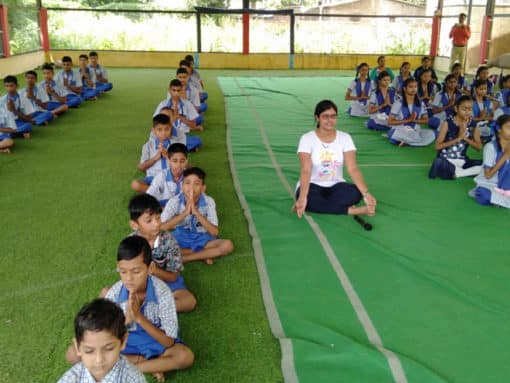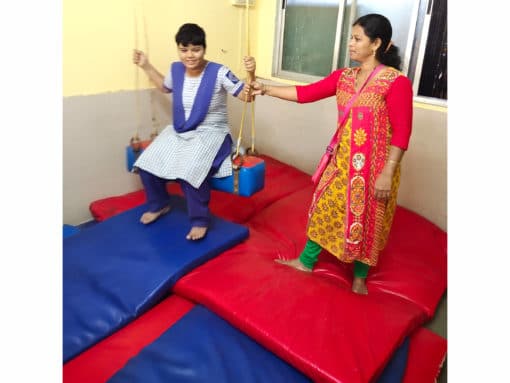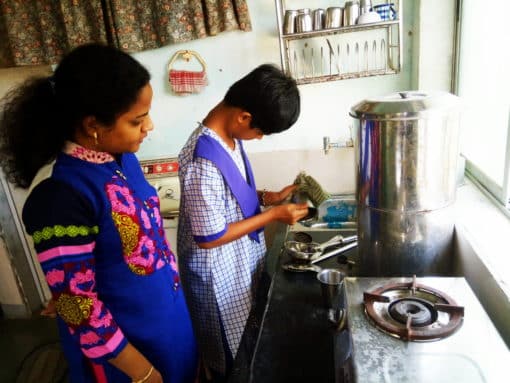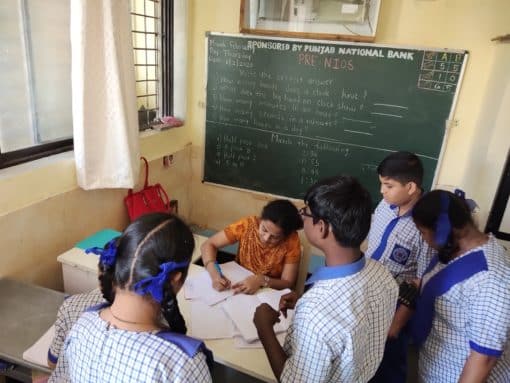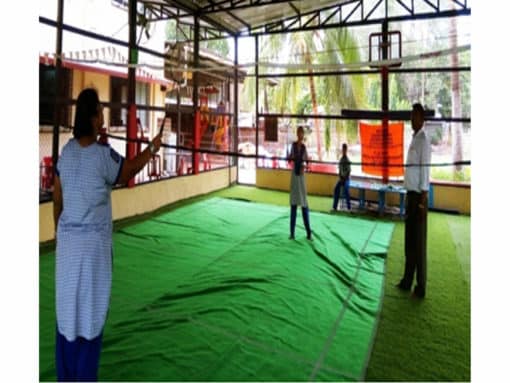SPEVC Features, Facilities & Activities
Curriculum
Designing Innovative Solutions for Holistic Access to Justice (DISHA):
Department of Justice, Central government of India has conceptualised and created relevant educational curriculum for children with Intellectual & Developmental Disabilities (IDD). It caters to children across the disability spectrum and integrates academics and functional skills into a single outcome-driven framework. The curriculum is designed to develop cognitive, self-help and social skills in children. It is in partnership with Jai Vakeel Foundation and Research Centre, National Institute for the Empowerment of Persons with Intellectual Disabilities (Divyangjan) (NIEPID) and Social Justice and Special Assistance Department.
The National Institute of Open Schooling (NIOS) curriculum has three levels, which are as follows:
- OBE ‘A’ Level course—Equivalent to class III
- OBE ‘B’ Level course—Equivalent to class V
- OBE ‘C’ Level course—Equivalent to class VIII (In near future)
The parents of the students select the pattern. Students can choose subjects according to their competence and complete the course.
State Government curriculum is followed for students having Hearing Disability up to 7th Standard. Thereafter, the students are allowed to take admission in other Higher Secondary Schools for higher studies.
School Programme
- Smart TV – Students are provided e-learning using Smart TVs. During the pandemic/lockdown, the Diksha App was adopted for online teaching.
- Computer Training is provided to students – this includes educative Apps and games.
- Sign Language– Complete training according to the syllabus is provided to students with hearing impairment to help them build their communication skills and their self-esteem. Sign language and lip reading is taught to help them understand people talking in public.
- Abacus Training– Universal Concept of Mental Arithmetic System (UCMAS), is a modern representation of an ancient art of mental arithmetic which has been adapted into programmes to help stimulate children’s brain activity. This training is provided to students with hearing impairment to enable them to do calculations and learn Maths faster.
- English Communication skills: Deeds, a NGO imparts English Speaking classes twice a week to the students with hearing impairment.
- Sports: A multipurpose ground is provided for training in outdoor activities such as Basketball, Volleyball, Handball, Badminton, Kabbadi, Standing Long Jump, Football and other fun games. An open ground for athletic programs such as Running, Long Jump, Short Put and Running Long Jump, and a sports room for indoor games such as Table Tennis and Carrom are also available.
- Yoga is taught to all our students to provide them with coping strategies to live calmer, happier, peaceful and healthier lives.
- Art and Craft is taught to all the students as it enhances creativity and thinking power. It also develops their motor skills.
- Horticulture: Students are taught Horticulture. Some of them come from the farming community and this enables them to earn their livelihood working in their own fields. The produce from the Centre is utilised in the kitchen of the school and served during midday meals.
- Happy Home Project: Besides Vocational Training, we have started the ‘Happy Home Project’ wherein students are trained in House-keeping activities such as simple cooking, cleaning, sweeping, mopping, dusting, as well as arranging clothes in their cupboards, etc.
- The ‘We Can’ Project: Students are trained in sorting, cleaning, grading, weighing, sealing, packaging, and labelling pulses, grains and other food items, as also folding clothes. This will help them get employment in malls and shops.
- The Earn and Smile Project trains students to clean and wash two-wheelers and four-wheelers. It aims at making them independent, earn their livelihood and face the world with dignity, pride and self-esteem. Currently, a few housing societies are using the services of our adult students for cleaning and washing of such vehicles with prior permission from their parents.
Facilities & Activities
Vocational Training
Vocational Training is given to students who are intellectually challenged. They are taught file-making, Diwali kandeel-making, rangoli, mehendi, painting diyas, making of envelopes, imitation jewellery, garlands, gajra-s and good-quality paper bags – not by pasting, but by stitching them. This, in turn, prepares them to learn stitching of cloth bags and clothes, which will make them ‘Atmanirbhar’.
Enrichment Programmes
- Early Intervention is provided by SPEVC.
- Physiotherapy as well as adaptive exercise programs are provided after assessing the needs of students with intellectual disability to improve their functional movement, ability and independence by working on their gross and fine motor skills, balance, co-ordination, strength and endurance.
- Therapeutic interventions are provided by the Psychologist after assessment of the child’s IQ. We provide parent counselling, guidance, behaviour management programs, etc.
- Therapeutic interventions are also provided by doing audiometric assessment, speech and language evaluation, parent counselling, guidance etc.
- We have a library for teachers as well as students, which include the genre of education, recreation and therapy.
